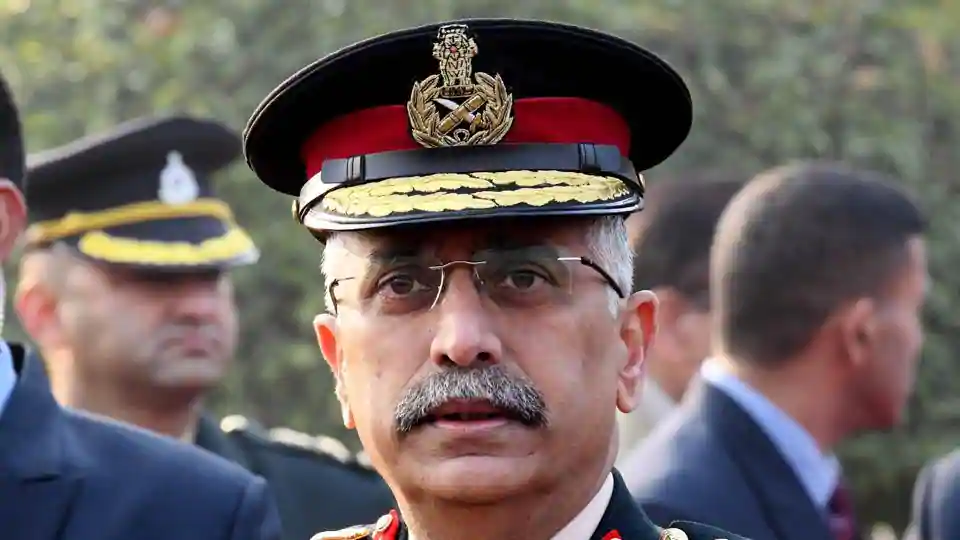
SOURCE: HT
Army chief General Manoj Mukund Naravane on Wednesday said the proposed creation of theatre commands to increase synergy among the three services would be a “deliberate and thoughtful” process and its fruition would take a “number of years”. He said “mid-course corrections” might be required along the way.
His comments came during an address to officers and faculty at the Secunderabad-based College of Defence Management. The army chief spoke about a raft of issues including tri-service integration, theaterisation and modernisation of the armed forces.
Theaterisation refers to placing specific units of the army, the navy and the air force under a Theatre Commander. Such commands will come under the operational control of an officer from any of the three services, depending on the function assigned to that command.
As India’s first chief of defence staff, General Bipin Rawat’s mandate includes facilitating the restructuring of military commands for optimal utilisation of resources by bringing about so-called jointness in operations, including through establishment of theatre commands, in three years.
On the government’s decision to appoint the CDS and create the department of military affairs (DMA), an army statement quoted Naravane as saying it was “a momentous” decision and that the services needed to “demonstrate great wisdom and statesmanship in enabling the CDS, a long-standing demand of the armed forces.”
The next logical step in the process of defence reforms was the “formation of integrated theatre commands to synergise the capabilities and combat potential of the three services during war and peace,” the statement further quoted the army chief as saying.
The statement said the army chief explained to the officers that there was a need for everyone to work in a spirit of togetherness and trust, with national security interests being paramount. Sounding a cautionary note, he said there might be a requirement for “mid-course corrections”.
He was, however, optimistic about the future of the military’s integration, which he described as “an inevitability” as it would lead to “tri-services synergy” and optimisation of resources.






